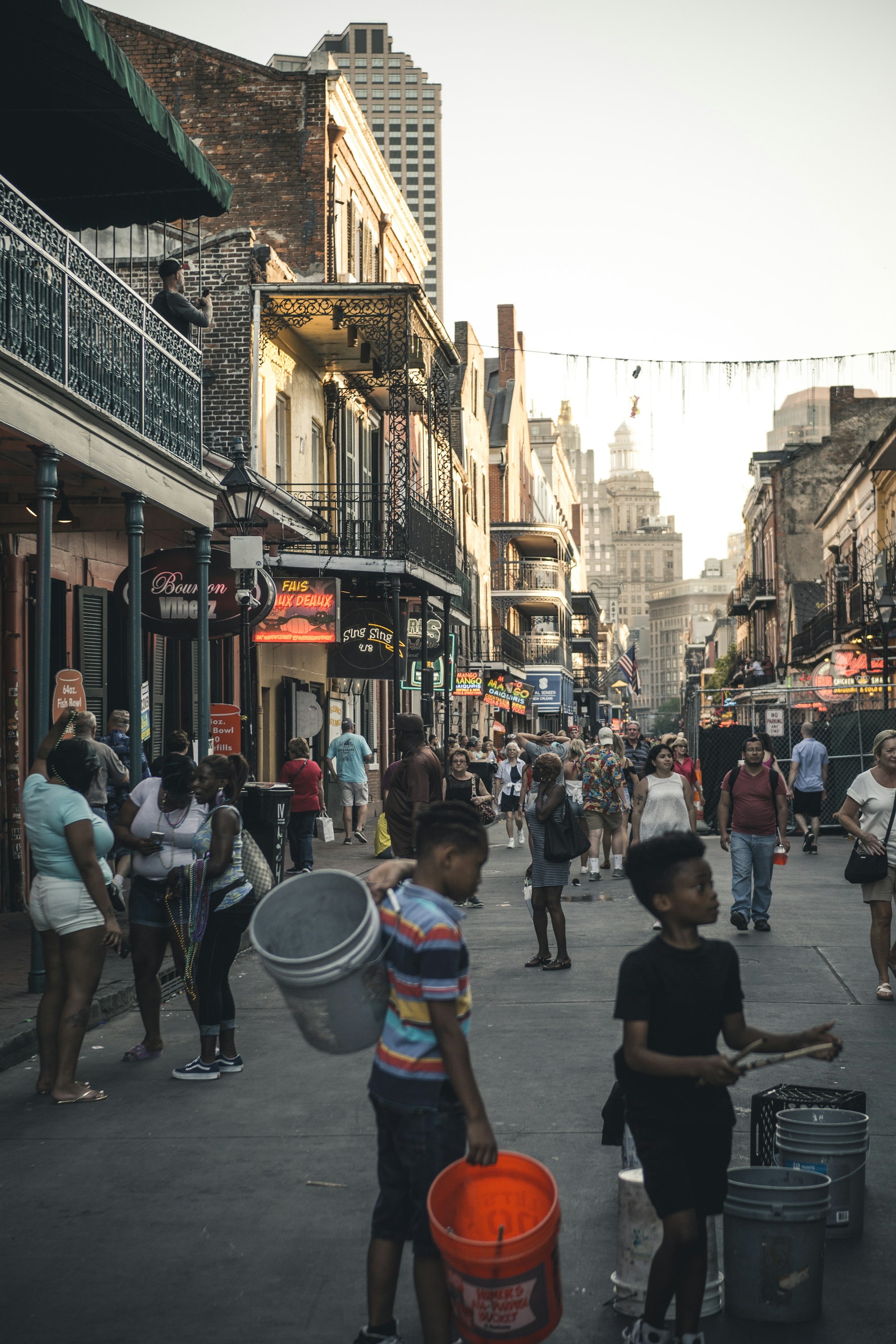Best Seasons to Visit Nola: Weather & Month Guide

Best Seasons to Visit Nola: Weather & Month Guide
If you are planning a trip to New Orleans, also known as Nola, it is important to consider the weather and climate of the city. The weather in New Orleans is generally warm and humid, with mild winters and hot summers. The city experiences four distinct seasons - spring, summer, autumn, and winter. Each season offers a different experience, so it's important to choose the right time to visit based on your preferences.
Spring (March-May)
Spring is one of the best seasons to visit New Orleans, as the weather is mild and comfortable. The average temperature during this time ranges from the high 60s to low 80s Fahrenheit (15-27 degrees Celsius). The humidity levels are relatively low, making it an ideal time to explore the city's outdoor attractions, such as the French Quarter or City Park. Additionally, spring marks the festival season in New Orleans, with popular events like the New Orleans Jazz & Heritage Festival taking place during this time.
Summer (June-August)
Summer in New Orleans is characterized by hot and humid weather, with temperatures averaging in the 90s Fahrenheit (32 degrees Celsius) and high humidity levels. If you can handle the heat, summer can be a great time to visit if you want to experience events like the Essence Festival or enjoy outdoor activities along the Mississippi River. Just make sure to stay hydrated and take breaks in air-conditioned spaces to beat the heat.
Autumn (September-November)
Autumn is another pleasant season to visit New Orleans, with mild temperatures ranging from the high 60s to low 80s Fahrenheit (15-27 degrees Celsius). The humidity levels also start to decrease during this time, making it a comfortable season for outdoor exploration. Fall is also a popular time for festivals and events in New Orleans, including the famous Voodoo Music + Arts Experience and Halloween celebrations.
Winter (December-February)
Winter in New Orleans is generally mild, with temperatures ranging from the 50s to 60s Fahrenheit (10-15 degrees Celsius). While it can get chilly at times, it rarely drops below freezing. Winter is considered the off-season in New Orleans, which means fewer crowds and lower hotel rates. This makes it a good time to visit if you prefer a quieter atmosphere. However, keep in mind that occasional cold fronts and rain showers can occur during these months.
Month-by-Month Breakdown
| Month | Season | Humidity | Temperature | Sun | Rain |
|---|---|---|---|---|---|
| January | Winter | High | 50s-60s°F | 5-6 hours | Moderate |
| February | Winter | Medium | 50s-60s°F | 6-7 hours | Moderate |
| March | Spring | Medium | 60s-70s°F | 7-8 hours | Moderate |
| April | Spring | Medium | 70s-80s°F | 8-9 hours | Low |
| May | Spring | Medium | 70s-80s°F | 8-9 hours | Low |
| June | Summer | High | 80s-90s°F | 8-9 hours | High |
| July | Summer | High | 90s°F | 8-9 hours | High |
| August | Summer | High | 90s°F | 8-9 hours | High |
| September | Autumn | Medium | 80s°F | 7-8 hours | Moderate |
| October | Autumn | Medium | 70s-80s°F | 7-8 hours | Moderate |
| November | Autumn | Medium | 60s-70s°F | 6-7 hours | Moderate |
| December | Winter | High | 50s-60s°F | 5-6 hours | Moderate |
Conclusion
Choosing the best time to visit New Orleans depends on your preferences and tolerance for heat and humidity. Spring and autumn are generally considered the most pleasant seasons, with mild temperatures and lower humidity levels. Summer can be hot and humid, but it offers unique events and activities. Winter is the off-season with lower rates, but occasional cold fronts and rain showers can occur. Consider these factors and plan your visit accordingly to make the most of your time in Nola.
